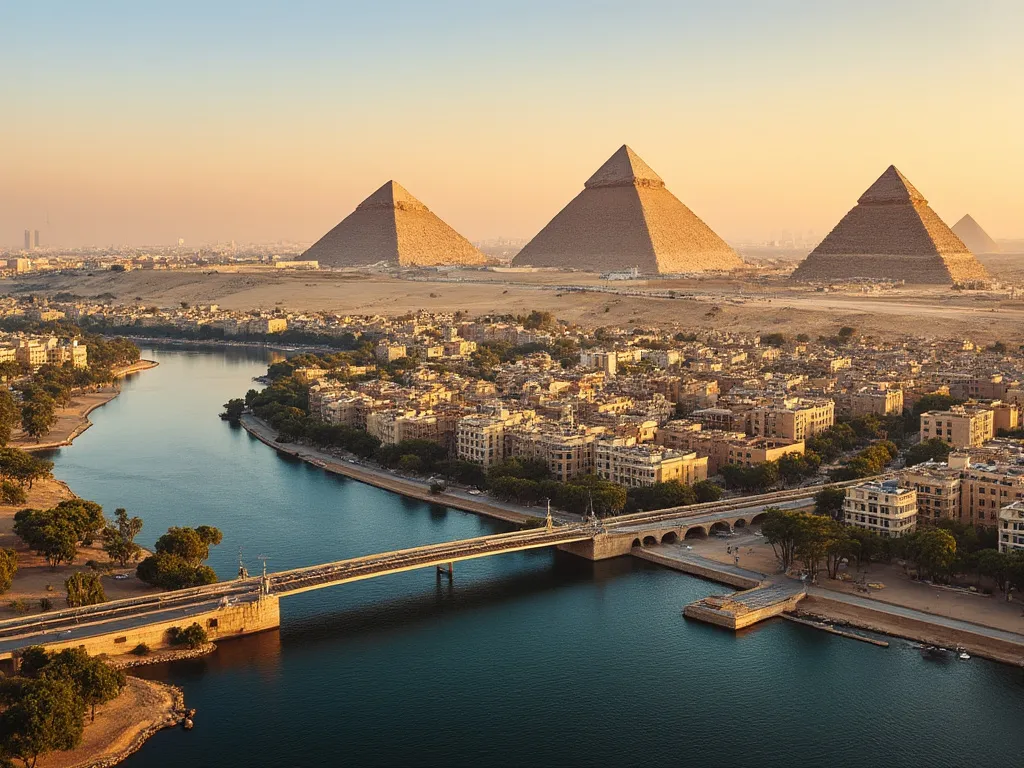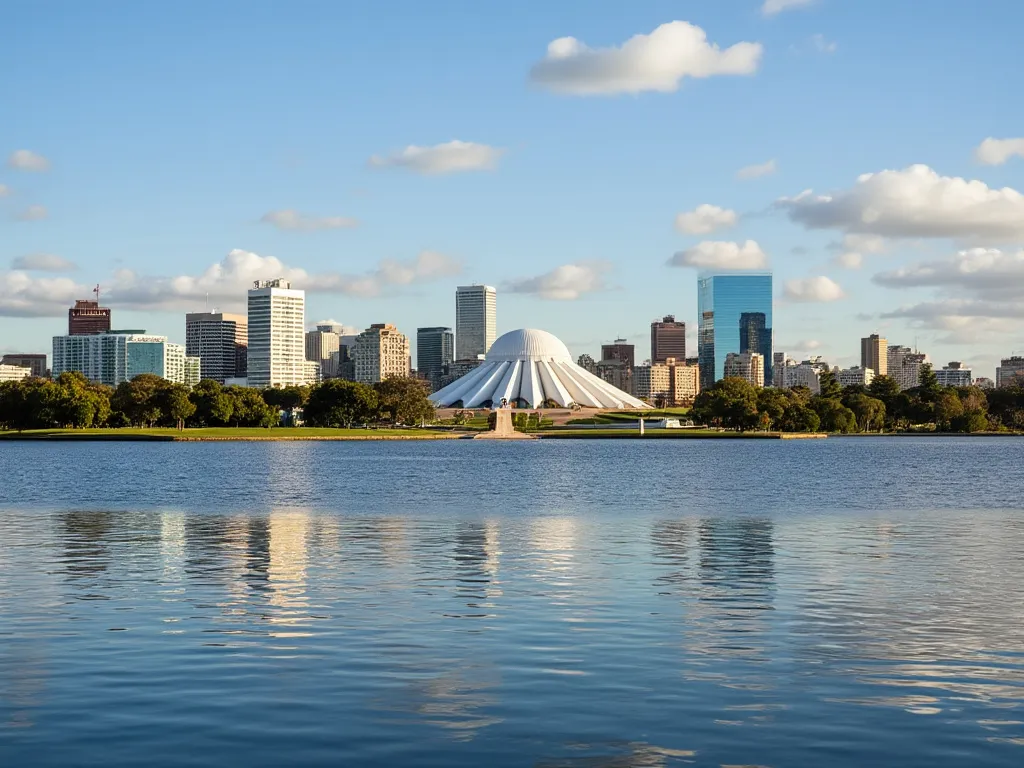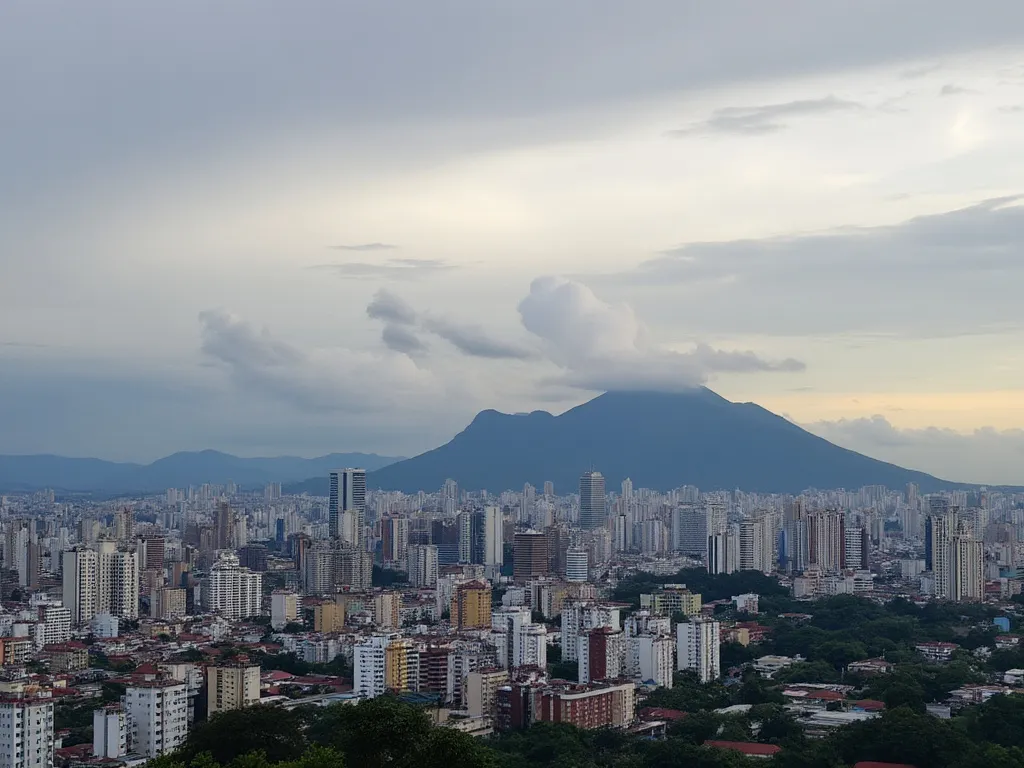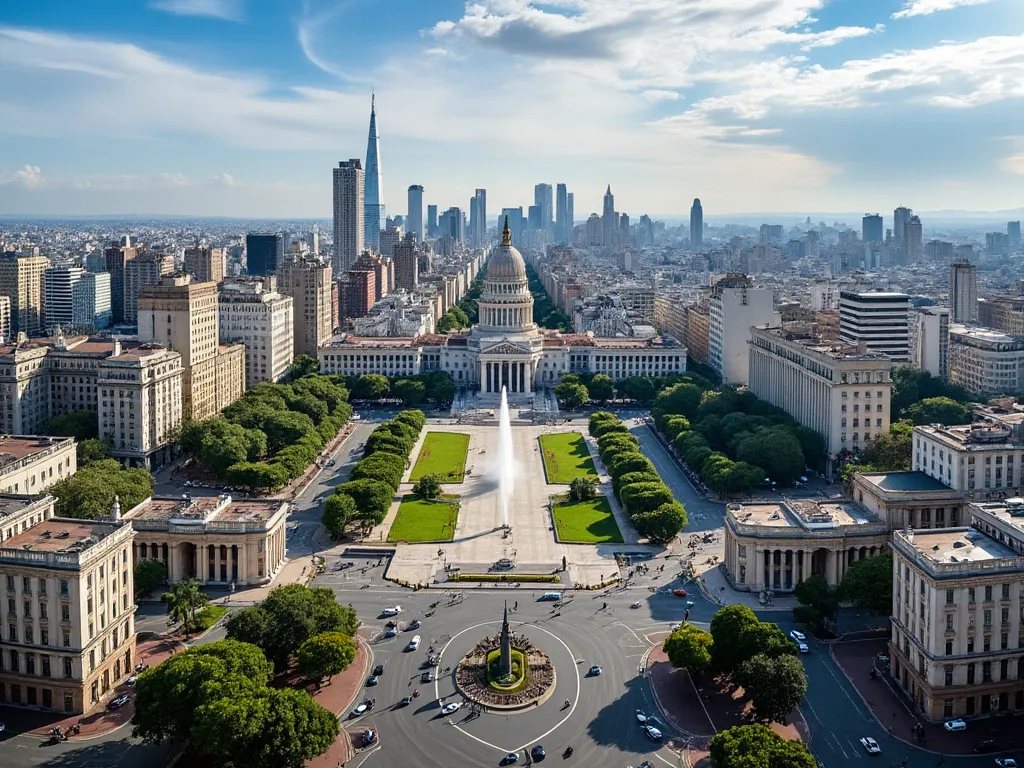
Cairo, the capital city of Egypt, is a city like no other. With a rich history dating back to the 10th century, Cairo is a melting pot of ancient and modern culture. From the Pyramids of Giza to the Egyptian Museum, Cairo is a city that seamlessly blends the old with the new.
Cairo Information
| Country | 🇪🇬 Egypt |
| Population | 20,455,000 (2020 estimate) |
| Coordinates | 30.05°N 31.25°E |
| Area | 3,085 km² (1,191 sq mi) |
| Climate | Hot desert climate (Köppen climate classification: BWh) |
| Language | Arabic (official), Egyptian Arabic (most widely spoken) |
| Currency | Egyptian pound (EGP) |
| Time zone | Eastern European Time (EET) (UTC+2) |
| Proximity to other major cities | Alexandria (220 km / 137 mi), Giza (20 km / 12 mi), Port Said (200 km / 124 mi) |
Historical Background of Cairo
Cairo was founded in 969 AD by the Fatimid dynasty, and it quickly became a major center of trade and commerce. The city's strategic location on the Nile River made it an important hub for the exchange of goods and ideas between Europe, Asia, and Africa. Over the centuries, Cairo has been ruled by various dynasties, including the Ayyubids, the Mamluks, and the Ottomans, each leaving their mark on the city's architecture, culture, and cuisine.
Geographical Location of Cairo
Cairo is located in the northeastern part of Egypt, on the banks of the Nile River. The city is situated in the Nile Valley, which is surrounded by the Sahara Desert to the east and the Libyan Desert to the west. Cairo's unique geography has made it an important center for trade and commerce, with the Nile River providing a vital source of water and transportation.
Cultural Significance of Cairo
Cairo is a city that is steeped in culture and history. From the ancient mosques and madrasas to the modern museums and galleries, Cairo is a city that is proud of its heritage. The city is home to many important cultural institutions, including the Egyptian Museum, which houses the world's largest collection of ancient Egyptian artifacts.
Economic Importance of Cairo
Cairo is the economic hub of Egypt, with a GDP of over $200 billion. The city is home to many major industries, including textiles, food processing, and construction. Cairo is also a major center for finance and trade, with the Egyptian Stock Exchange and the Cairo International Airport serving as important hubs for international commerce.
Interesting Facts About Cairo
- Cairo is home to the oldest university in the world, Al-Azhar University, which was founded in 970 AD.
- The city has a unique system of underground tunnels and passageways, known as the "City of the Dead", which dates back to the 10th century.
- Cairo is home to the world's largest bazaar, the Khan el-Khalili, which has been in operation since the 14th century.
Tourist Attractions in Cairo
- The Pyramids of Giza: No trip to Cairo would be complete without a visit to the Pyramids of Giza, one of the Seven Wonders of the Ancient World.
- The Egyptian Museum: With over 120,000 artifacts on display, the Egyptian Museum is a must-visit for anyone interested in ancient Egyptian history and culture.
- The Mosque of Muhammad Ali: This stunning mosque is one of the largest in the world and offers breathtaking views of the city.
Conclusion on Cairo
In conclusion, Cairo is a city that is steeped in history and culture. From its ancient mosques and madrasas to its modern museums and galleries, Cairo is a city that has something to offer for everyone. Whether you're interested in history, culture, or simply want to experience the vibrant energy of the city, Cairo is a destination that is not to be missed.
 Canberra
Canberra
 Caracas
Caracas
 Budapest
Budapest
 Buenos Aires
Buenos Aires